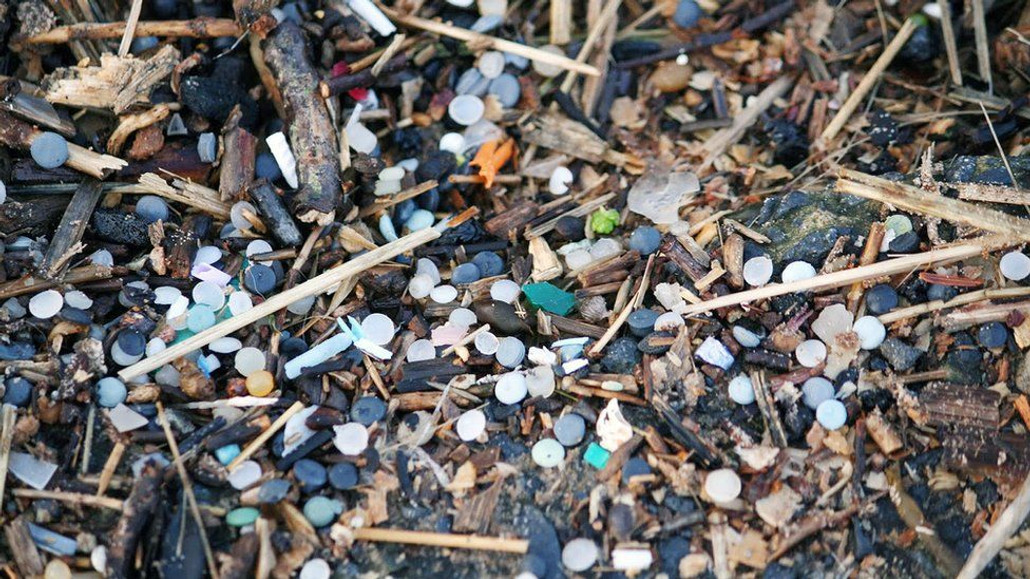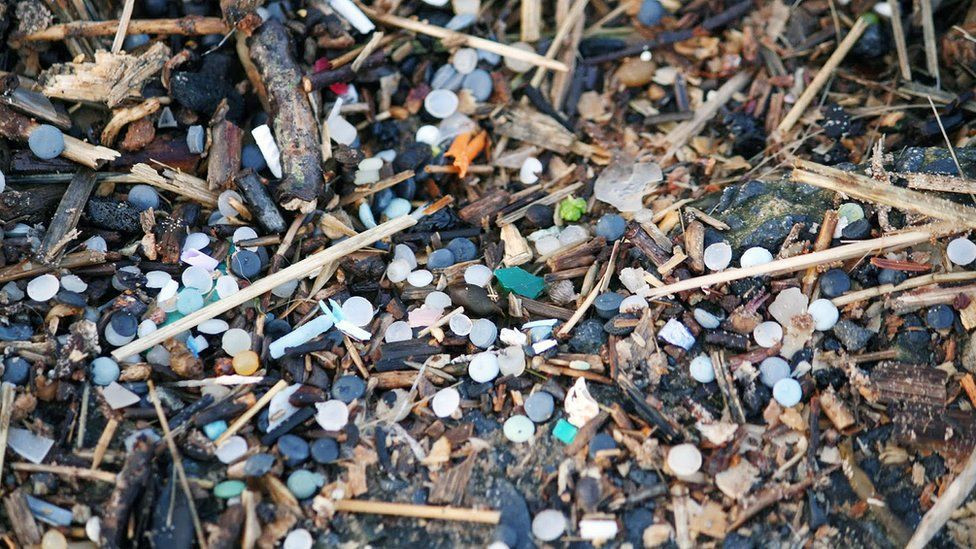
What in the World are Nurdles?
11th Dec 2019
Nurdles are tiny pieces of plastic which act as the building blocks for every other piece of plastic. Plastic pellets, or nurdles, are tiny (3-5mm) pieces of plastic that are used to make drink bottles, food containers … you name it, if it’s plastic, it’s likely been made with nurdles. In and of themselves, they are not inherently a problem. However, if you’ve ever been to a plastic manufacturing plant, you’ll know that nurdles are everywhere. And this is the problem.

How do They Affect Wildlife?
Nurdles look like fish eggs, and are often eaten by unsuspecting wildlife. Nurdles end up in the sea, usually. They are spilt in all stages of their life cycle: during production, transportation, moulding into larger plastic items, and recycling. This not only means they end up on the ground, in the soil, but also down drains and into rivers. An estimated 53 billion nurdles end up in the UK’s environmental annually. Once there, they attract harmful chemicals onto their surface, concentrating them in regions of the ocean, and break down into smaller and smaller pieces. Nurdles are often colourless and look very like fish eggs – in the same way plastic bags can look like jellyfish to unsuspecting turtles. They release the toxins they’ve absorbed into the animal that eats them, which not only affects the animal’s health but can also end up on our dinner plate.
What is Being Done?
A trommel is a piece of equipment designed to remove plastic from beaches. The Trommel: There are specially designed ‘nurdle sieves’ to separate the tiny pieces of plastic from the sand on a beach, although these are not yet widespread. These are designed to remove as much plastic as possible, while leaving as much sand and organic matter on the beach as they can. If your beach has a nurdle problem, you can request a Trommel to clean it up. The Great Global Nurdle Hunt: Each year, for ten days in February, volunteers around the world go on a hunt for nurdles on their beaches. This not only cleans up the beaches, but also provides data to scientists on where nurdles are most common, where they’re washing up, and perhaps where they are coming from. They can turn up in surprising places: in 2017, the most nurdles came from one 100m-stretch of beach in Cornwall, UK, with volunteers finding 127,500 nurdles over the course of the hunt. Stop them at the source: campaigners are putting pressure on plastic-manufacturing companies, and on the government, to ensure better practices are in place along the supply chain, and to make plastic facilities ‘nurdle-tight’ so no beads are lost.
What You Can Do
Volunteering for a 'nurdle hunt' is one way to reduce the plastic - including nurdles - on our beaches. The most efficient way to stop nurdle pollution is to stop buying plastic. However, there are billions of nurdles out in the environment right now, and they won’t go away without action. Get involved with the Great Global Nurdle Hunt, and support companies that provide alternatives to plastic. And forget about a needle in a haystack – think about a nurdle on a beach.
For more information about nurdles, see the Nurdle Hunt, Nurdle Micro-Plastic Recover or BBC News websites. To find out what individuals can do to reduce waste, check out this link on our blog.
Planet Friendly Packaging wishes you a Merry Christmas and a Happy New Year.
Planet Friendly Packaging acknowledges the Indigenous people on whose land we work and pays respects to their elders past, present, and emerging.

